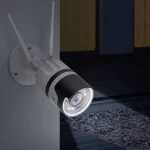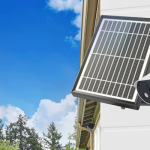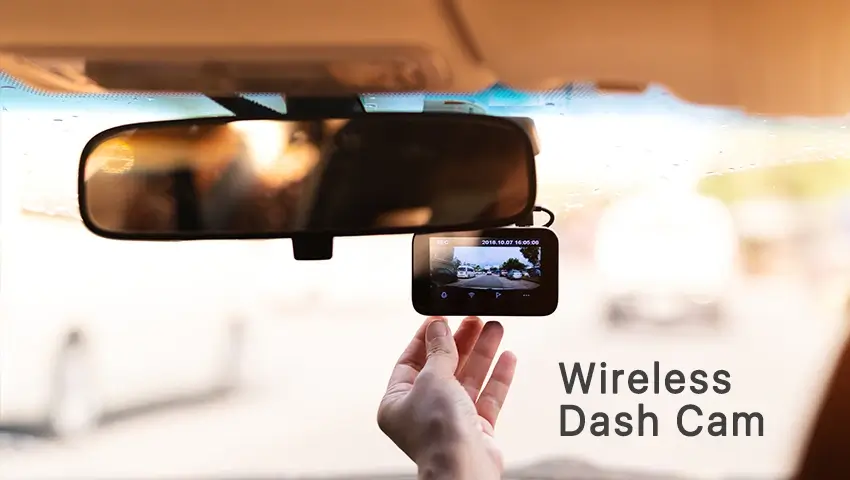A Practical Guide to Wireless Security Camera Battery Life
In today’s world of smart home security, wireless cameras are a popular choice for homeowners and businesses alike. With their easy installation and flexible placement, they offer a level of convenience that traditional wired cameras simply can’t match. However, one key factor often on users’ minds is battery life. How long can you expect a wireless camera to last on a single charge, and what can you do to maximize its performance?
Contents
What Impacts Wireless Camera Battery Life?
Several factors directly affect how long your camera battery will last:
Usage Frequency
The more often your camera is triggered by motion or records video, the more battery it uses. High-traffic areas typically drain batteries faster.
Video Quality Settings
Recording in higher resolutions like 2K or 4K consumes more power than standard 1080p.
Night Vision & Infrared Use
Cameras with night vision or infrared sensors require additional power when these features are activated.
Wi-Fi Signal Strength
Weak or unstable Wi-Fi connections can force your camera to use more power as it struggles to stay connected.
Temperature & Weather Conditions
Extreme cold or heat can shorten battery life and, in some cases, damage the battery.
Average Battery Life Expectations
Standard Rechargeable Battery Cameras
① Typically last 1 to 6 months on a full charge, depending on usage.
Low-Power Standby Models (With PIR Sensors)
② Can last 6 to 12 months, only waking up when motion is detected.
Solar-Powered Wireless Cameras
③ With adequate sunlight, these can achieve near-continuous operation, only needing occasional battery checks.
Tips to Maximize Your Camera’s Battery Life
① Adjust Motion Detection Sensitivity
Avoid unnecessary triggers by fine-tuning your detection zones and sensitivity settings.
② Lower Video Resolution When Possible
If high resolution isn’t necessary, lowering it can significantly extend battery life.
③ Optimize Wi-Fi Signal
Place your router closer or use a Wi-Fi extender to maintain a strong signal.
④ Use Scheduled Recording
Set specific times for recording instead of continuous monitoring if your camera supports it.
⑤ Keep Firmware Updated
Manufacturers often release firmware updates that optimize power usage.
When Should You Consider a Wired or Hybrid Option?
If you need:
Continuous 24/7 Recording
High-Traffic Area Monitoring
Minimal Maintenance on Battery Replacement
then a wired or hybrid PoE system may suit your needs better.
The Bottom Line
Wireless security cameras offer convenience and flexibility, but understanding their battery performance is key to a hassle-free experience. By choosing the right camera for your environment and following smart battery-saving practices, you can make the most of your investment without frequent recharging headaches.





